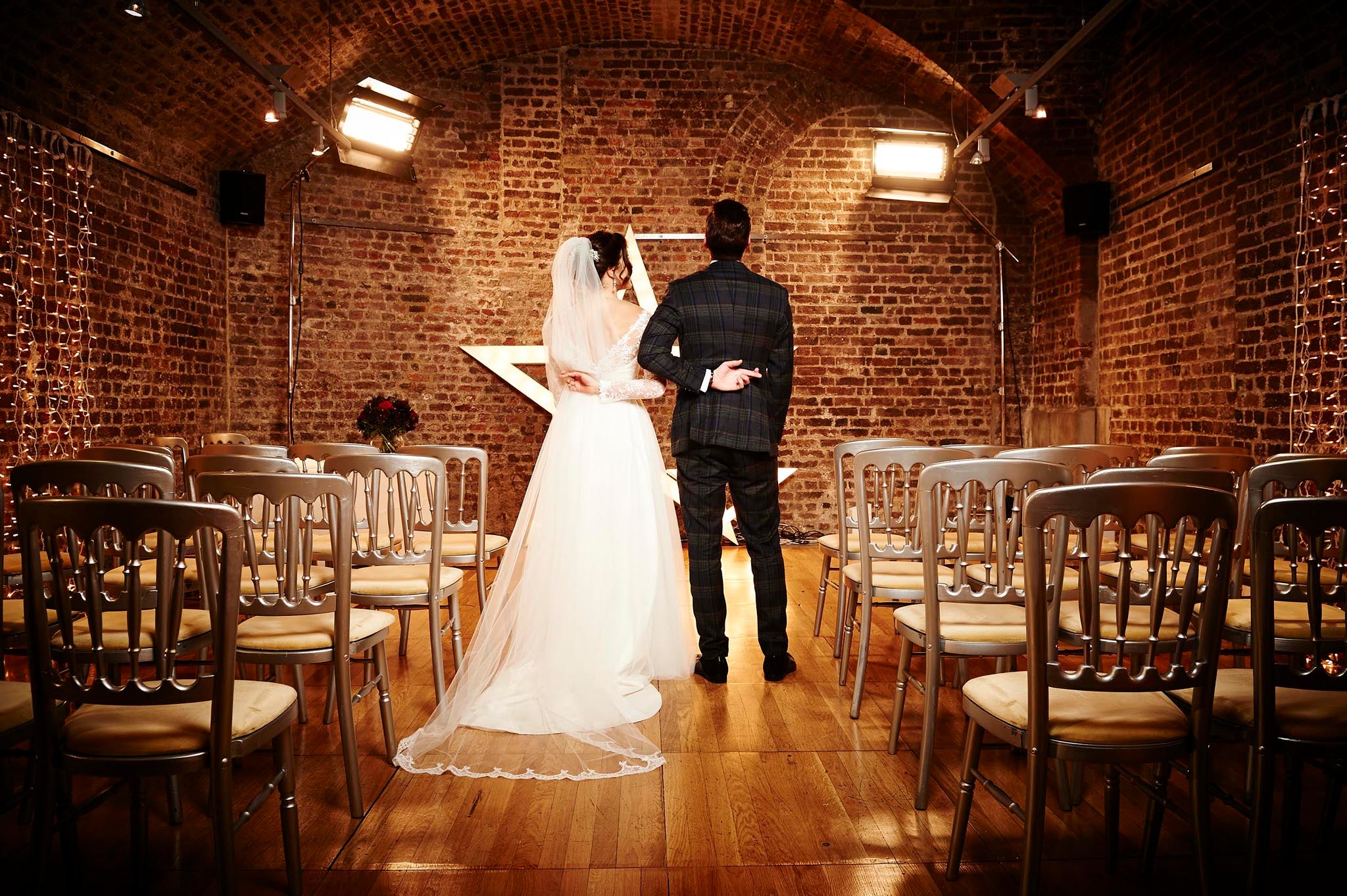Married At First Sight is the social experiment that proves we've forgotten how to fall in love
The controversial TV programme is commissioned for another series - but after a string of unsuccessful couplings, surely all it's proven is that romance is well and truly dead

Your support helps us to tell the story
From reproductive rights to climate change to Big Tech, The Independent is on the ground when the story is developing. Whether it's investigating the financials of Elon Musk's pro-Trump PAC or producing our latest documentary, 'The A Word', which shines a light on the American women fighting for reproductive rights, we know how important it is to parse out the facts from the messaging.
At such a critical moment in US history, we need reporters on the ground. Your donation allows us to keep sending journalists to speak to both sides of the story.
The Independent is trusted by Americans across the entire political spectrum. And unlike many other quality news outlets, we choose not to lock Americans out of our reporting and analysis with paywalls. We believe quality journalism should be available to everyone, paid for by those who can afford it.
Your support makes all the difference.Of course there is going to be another series of Channel 4’s Married at First Sight, because people hated it. As long as things stay out of the courtroom, moral outrage is what feeds the media machine. And this is how we date now, right? Everything is just a snap of the fingers – or a swipe of the touchscreen – away. We rely on apps and online search engines to match us with others based on proximity, gender, height, interests, aspirations, hopes and dreams…as if these are all equally quantifiable, subject to an exact science. Nuance isn’t exactly conducive to good TV.
Married at First Sight was supposed to be a “social experiment” but most of the techniques they use are ones you would expect to find on match.com. (Wait, they actually did personality quizzes? They recorded entrants at the weekend to find out their hobbies? They looked at how symmetrical their faces were? Not to be a killjoy but I remember flow-charts that complex in Sugar magazine). And the final participants were selected from 200 candidates, a pool which is probably much smaller than Tinder’s, even when you reduce your search radius to ‘within half a mile’.
The only difference between Tinder and Married at First Sight is that it’s televised, so it needs a certain headline-generating je ne sais quoi – call it television’s Unreal Reality principle. We all reject the odd suitor in real life, but we don’t get to push them face first into a swimming pool, like they did in Man O Man. We all get set up on blind dates (if we’re lucky – or unlucky – enough to have zealous match-makers among our friends), but we don’t get to talk to three candidates from behind a wall and then commiserate with Cilla Black if we pick a wrong’un, as on Blind Date. God forbid we have 29 other girls to compete with and a man forced to display a video diary and perform a skill on a podium – a real-life Take Me Out sounds more Magic Mike than magic carpet, if you know what I mean. And it doesn’t get much odder than episode two of Married at First Sight, when we hear the narrator utter the words: “Jason will meet his mother-in-law before he meets his wife.”
The point of reality television is not to reflect reality, but to drop a pebble in that reflection, and create ripples. It taps into our anxieties or pushes our buttons, riling us up so that we want to respond and the TV becomes an even greater part of our lives; not just a conversation topic, but a part of the conversation (as displayed to a post-modern degree of weirdness in runaway hit Goggle Box). The irony is that the more buttons it pushes, the more people are likely to press the "ON" button for the next season. Jason Knowles, who married Kate Stewart on the show but split up with her two weeks later after her friend spotted him on Tinder (apparently an actual wedding was "too much haste, not enough speed" for Jason), has complained about the negative press he’s received since. He wasn’t prepared for the fact that all publicity isn’t actually good publicity. In the Dante’s Inferno of reality television, of course, bad publicity is good publicity.
Simon Calvert at the Christian Institute – who, funnily enough, isn’t a big fan of the show - says it “ranks alongside getting married at 3am in Vegas." I’m not sure I share his disdain for the getting drunk and accidentally marrying your best mate, a la Rachel and Ross, in front of an Elvis impersonator in the early hours of the morning. But I do see his point: Married at First Sight is sleazy, deeply unromantic, and personally uncomfortable.
Why personally uncomfortable? Well, it speaks a bit too much about how our love lives are nowadays. When you have to switch on a machine or tap into a pseudo-scientific quiz to fall in love (and perhaps even when you find yourself in a boring, unromantic marriage), that’s when human feelings start to seem unnervingly obsolete. Twitter users have ridiculed the show, including one who compared it to a “bad dystopian novel”, and I can see their point: take the intuition and spontaneity out of love, stick it on the telly, throw in an obscene amount of free goodies (including a house in Bethnal Green) to try and incentivise a relationship, and this is what comes out. The weirdest thing of all is that it doesn’t even feel that weird.
Join our commenting forum
Join thought-provoking conversations, follow other Independent readers and see their replies
Comments